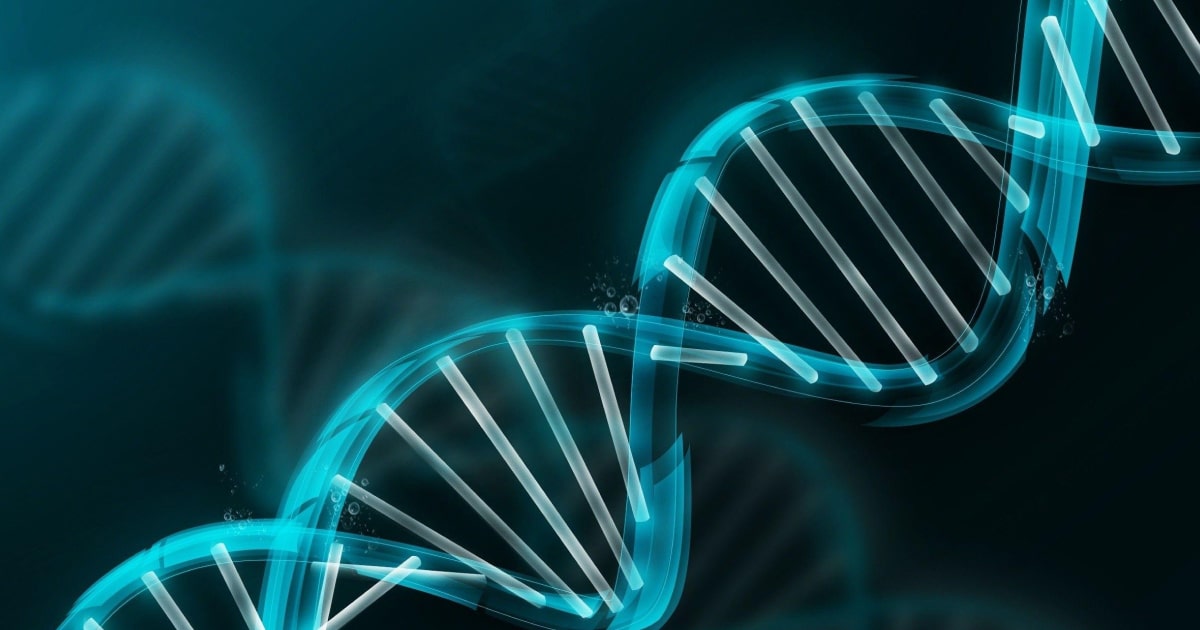
Expert Reviewed By: Dr. Brandon Colby MD
Camptothecin-resistant DNA topoisomerase I is a complex disease that has perplexed medical professionals for years. With advancements in genetic testing, our understanding of this disorder is growing, and we are better equipped to diagnose and manage the condition. This article will explore the intricacies of camptothecin-resistant DNA topoisomerase I, the role of genetic testing in its diagnosis, and the potential uses of genetic testing in the management and treatment of this disorder.
Understanding Camptothecin-Resistant DNA Topoisomerase I
DNA topoisomerase I is an essential enzyme involved in the replication and transcription of DNA in mammalian cells. It plays a crucial role in the survival and proliferation of these cells. Camptothecin is a potent anticancer drug that targets DNA topoisomerase I, inhibiting its function and leading to cell death. However, some cells develop resistance to camptothecin, rendering the drug ineffective. This resistance is primarily due to mutations in the DNA topoisomerase I gene, resulting in a modified enzyme that is no longer susceptible to camptothecin inhibition. Understanding the molecular basis of this resistance is vital for developing new therapeutic strategies to overcome it.
Characterization of a mammalian mutant with a camptothecin-resistant DNA topoisomerase I
This study demonstrates that DNA topoisomerase I is the cellular target of camptothecin and is essential for mammalian cell survival. It also highlights the importance of understanding the molecular mechanisms behind camptothecin resistance to develop new treatment options for cancer patients.
Mechanism of action of non-camptothecin inhibitor Genz-644282 in topoisomerase I inhibition
Genz-644282 is a non-camptothecin inhibitor that has shown potential advantages over camptothecin in inhibiting topoisomerase I. This study characterizes the effect of Genz-644282 on topoisomerase I and suggests that it may be a promising alternative to camptothecin for the treatment of camptothecin-resistant tumors.
Diagnosing Camptothecin-Resistant DNA Topoisomerase I
Diagnosing camptothecin-resistant DNA topoisomerase I involves identifying the presence of specific mutations in the DNA topoisomerase I gene. These mutations are responsible for the altered enzyme structure and function, leading to camptothecin resistance. Genetic testing is a powerful tool that enables the detection of these mutations, allowing for an accurate diagnosis of the condition.
Decreased expression of DNA topoisomerase I in camptothecin-resistant tumor cell lines as determined by a monoclonal antibody
This study shows that a quantitative reduction of topoisomerase I content is a common event in the development of camptothecin resistance. Identifying this decrease in expression through genetic testing can aid in the diagnosis of camptothecin-resistant DNA topoisomerase I.
Molecular cloning of a cDNA of a camptothecin-resistant human DNA topoisomerase I and identification of mutation sites
Two mutations in camptothecin-resistant topoisomerase I have been identified in this study, providing valuable information for the development of genetic tests to diagnose the condition. The detection of these mutations through genetic testing can confirm the presence of camptothecin-resistant DNA topoisomerase I and guide treatment decisions.
Uses of Genetic Testing for Camptothecin-Resistant DNA Topoisomerase I
Personalized Treatment
Genetic testing can help identify the specific mutations present in an individual's DNA topoisomerase I gene, allowing for a personalized treatment approach. By understanding the molecular basis of a patient's camptothecin resistance, healthcare providers can select the most appropriate treatment options, such as alternative inhibitors like Genz-644282.
Monitoring Treatment Efficacy
As patients undergo treatment for camptothecin-resistant DNA topoisomerase I, genetic testing can be used to monitor the effectiveness of the chosen therapy. Regular testing can help identify any changes in the DNA topoisomerase I gene, signaling the need for adjustments in treatment.
Identifying At-Risk Family Members
Genetic testing can also be used to identify at-risk family members who may carry the same mutations responsible for camptothecin-resistant DNA topoisomerase I. Early detection and intervention can help prevent the development of the condition or improve treatment outcomes.
In conclusion, genetic testing has emerged as a powerful tool in understanding, diagnosing, and managing camptothecin-resistant DNA topoisomerase I. As our knowledge of this complex disease continues to grow, we can expect further advancements in genetic testing and the development of new therapies to improve the lives of those affected by this condition.
About The Expert Reviewer
Dr. Brandon Colby MD is a US physician specializing in the personalized prevention of disease through the use of genomic technologies. He’s an expert in genetic testing, genetic analysis, and precision medicine. Dr. Colby is also the Founder of and the author of Outsmart Your Genes.
Dr. Colby holds an MD from the Mount Sinai School of Medicine, an MBA from Stanford University’s Graduate School of Business, and a degree in Genetics with Honors from the University of Michigan. He is an Affiliate Specialist of the American College of Medical Genetics and Genomics (ACMG), an Associate of the American College of Preventive Medicine (ACPM), and a member of the National Society of Genetic Counselors (NSGC)